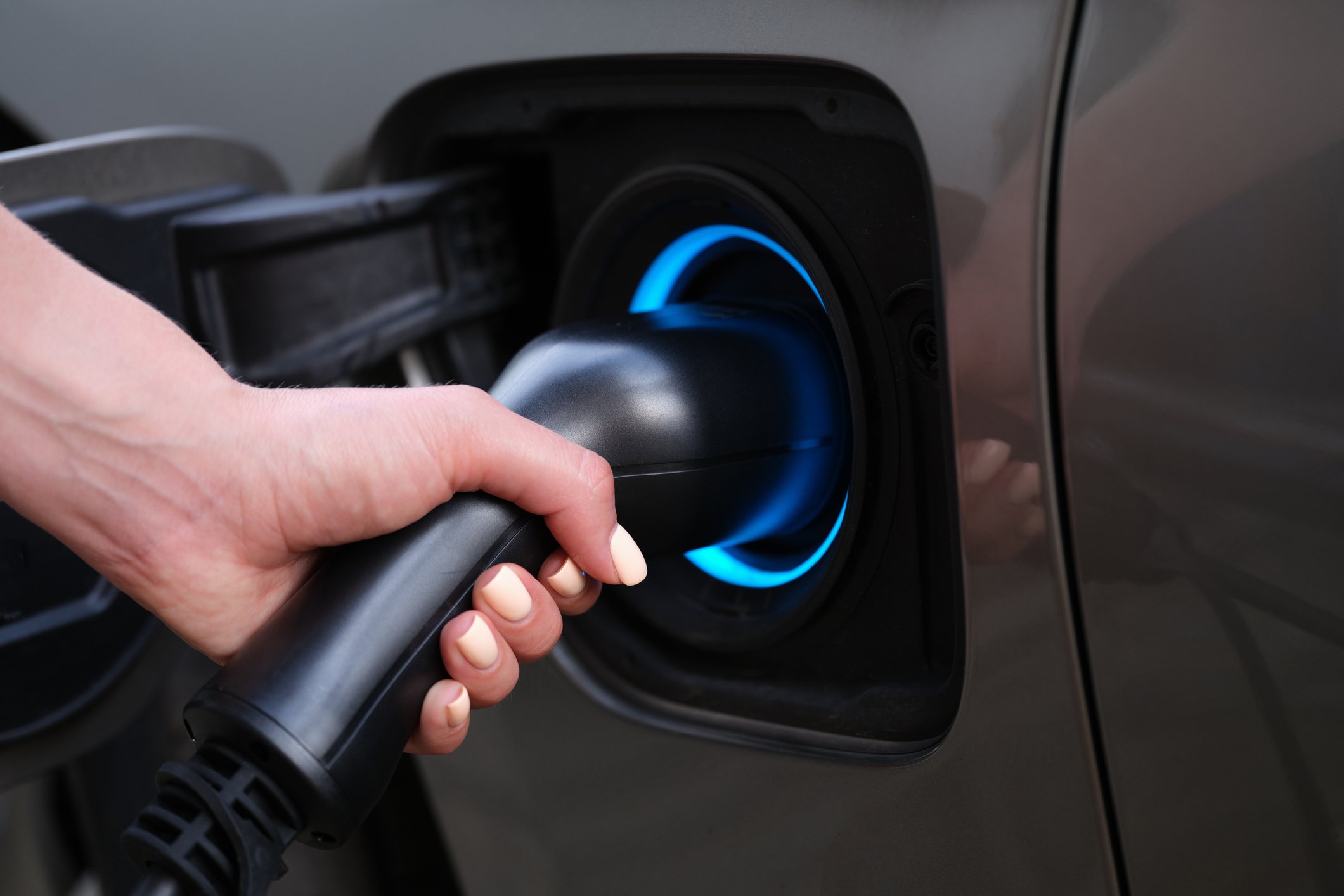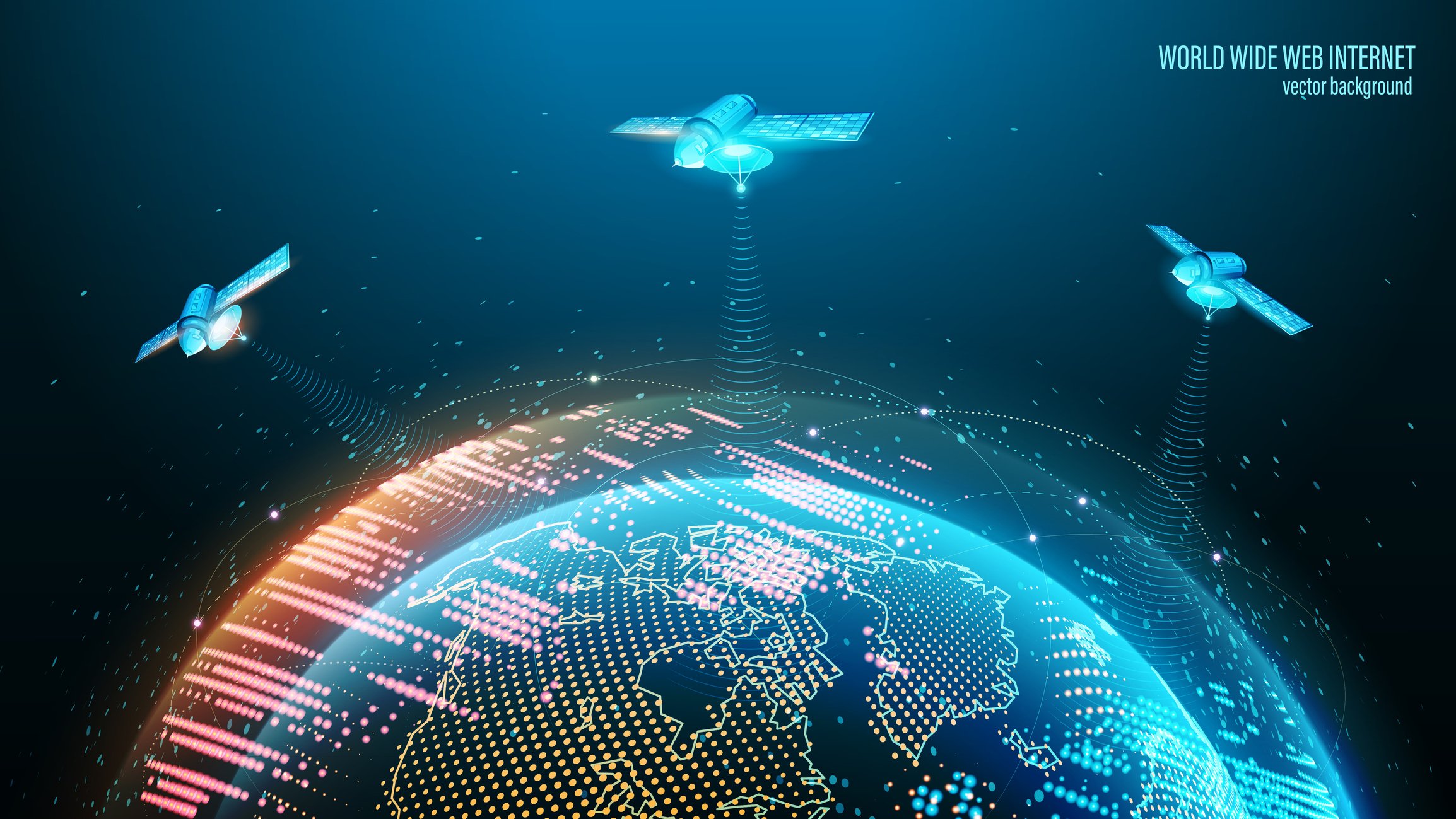Hydrogen fuel cell cars are rare on today's roads, and that's not surprising given no major automaker is producing them en masse. But Toyota (TM +2.96%) is moving ahead with production of the hydrogen-powered Toyota Mirai and may be ready to take on electric car maker Tesla Motors (TSLA 0.39%).
What is the Mirai?
The Mirai is Toyota's attempt to take the hydrogen fuel cell technology it has been developing and use it in a production vehicle, even if produced in limited quantities (more on this later). The sedan has a futuristic look to it but is made to act much like an ordinary vehicle.

Source: Al Pavangkanan via Wikimedia Commons.
Toyota plans to begin selling the Mirai in Europe, Asia, and the U.S. by the end of 2015, with the U.S. model carrying a starting price of $57,500. The price is quite a premium over similar gas-powered cars, but emerging technology has its costs, and early adopters are the ones to pay.
Beginning production
Toyota's goal is to eventually mass-produce hydrogen fuel cell cars and have the technology dominate the industry. But mass production is not an appropriate term, here.
According to Automotive News, 13 Toyota workers as a team are hand-making only three cars per day, and they are being built in the same place as the assembly for the limited-production Lexus LFA. Production is expected to increase in the future, but is only guided to 2,000 units in 2016 and 3,000 units in 2017.
With such a small production level, the Mirai definitely qualifies as a limited-production vehicle, at least for now. But even if Americans across the country wanted the Mirai, Toyota would still be smart to keep production levels low for now.
Here's why.
Infrastructure: Hydrogen vs. electric
Bringing back electric cars was much easier in terms of infrastructure than rolling out hydrogen fuel cell cars. Virtually all homeowners have access to an electrical outlet to plug a car into, and many apartment and condo dwellers have found a way to make an EV work for them as well.

Hydrogen fueling station. Source: Wikimedia Commons.
Toyota's Mirai faces an infrastructure challenge, which also presents a demand challenge. Hydrogen fuel cell cars require hydrogen stations, which are missing from many cities. The problem is that without demand from hydrogen fuel cell cars, hydrogen stations would be unprofitable and not worth building. But without hydrogen stations, hydrogen fuel cell cars have limited fueling stations and thus discourages buyers.
Toyota has been trying to overcome this problem by partnering with other companies to build hydrogen fueling stations, but a nationwide network anywhere near comparable to gas stations will take more time.
In contrast, electric cars can charge from almost any outlet and Tesla Motors is building a nationwide charging network of its own. The electric automaker now has 393 Supercharger stations which allow the Model S to charge to 80% in about 40 minutes with plans to continue building the network through 2016.
For now, Toyota is building the Mirai in small numbers to supply those markets where hydrogen is available for the car, and the automaker will ramp up production as stations become more prevalent and demand builds.
The long term: Taking on Tesla?
The Mirai program, especially once all the research and development costs are factored in, is clearly unprofitable at this point, and even selling a few thousand units at $57,500 each is not going to turn the tide.
But the Mirai is not about short-term profits; it's about long-term market advantage through brand acceptance and technological development resulting in better vehicles.
The Mirai allows Toyota to beta-test its hydrogen fuel cell technology in real-world conditions and fine-tune it for higher production vehicles in the future.

Tesla Model S. Source: Tesla Motors.
It also provides a vehicle the company can use to demonstrate the effectiveness of the technology and show it has an alternative to electric vehicles. Elon Musk, CEO of Tesla Motors, has repeatedly criticized hydrogen fuel cell vehicles (calling them "mind-bogglingly stupid," among other things) and offered EVs, such as those produced by Tesla, as the better alternative power source.
With a hydrogen fuel cell car in the hands of real buyers, Toyota will be able to demonstrate how its technology actually stacks up, and whether or not it can prove Musk wrong.
The bottom line
The Toyota Mirai is going into limited production now, so don't expect your neighborhood to be crawling with these cars any time soon. This vehicle is allowing Toyota to beta-test a new technology and fine-tune it for future development.
At the same time, Toyota is beginning to release its alternative to EVs, including those produced by Tesla, and investors should watch to see how the car buying public reacts when these two technologies are placed side by side.







